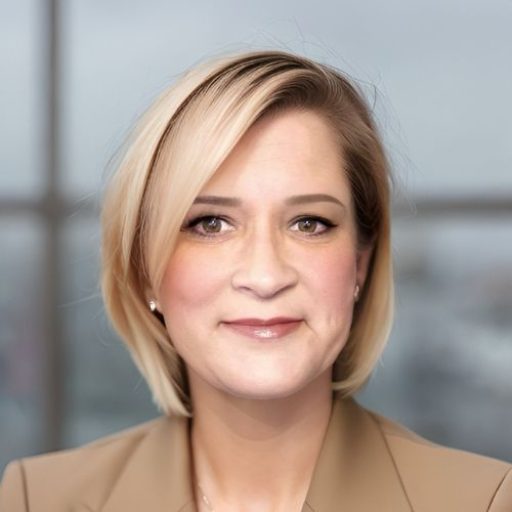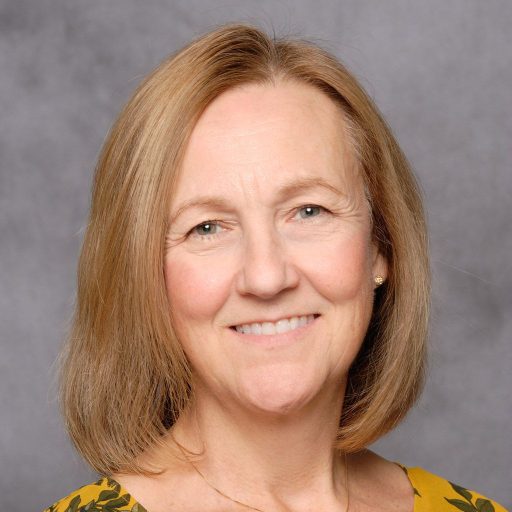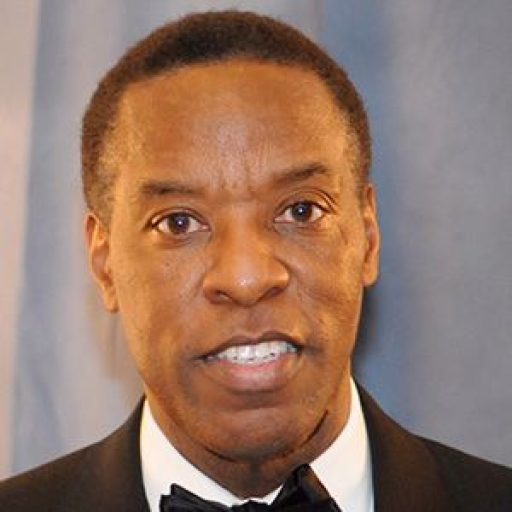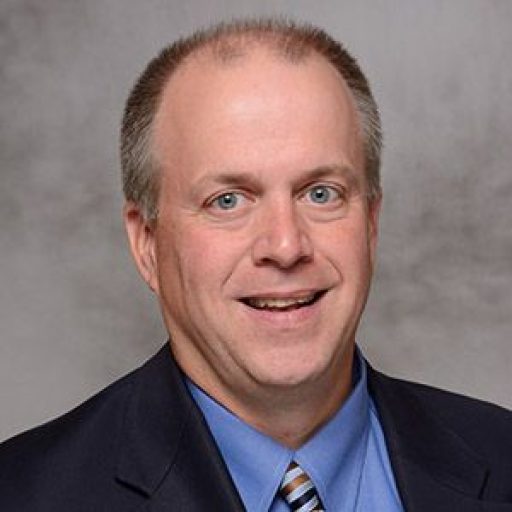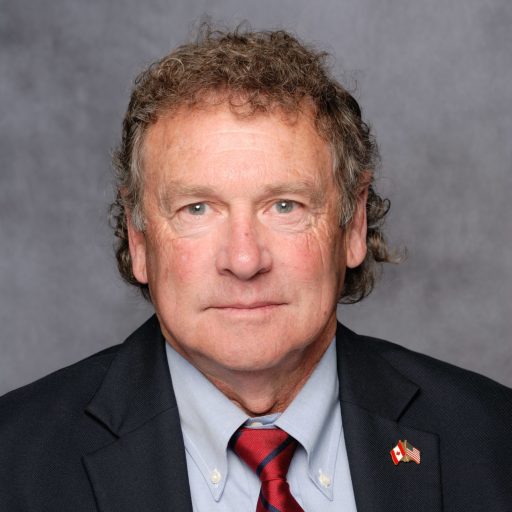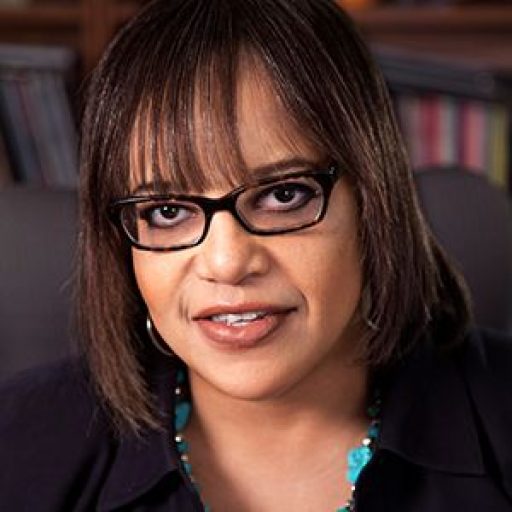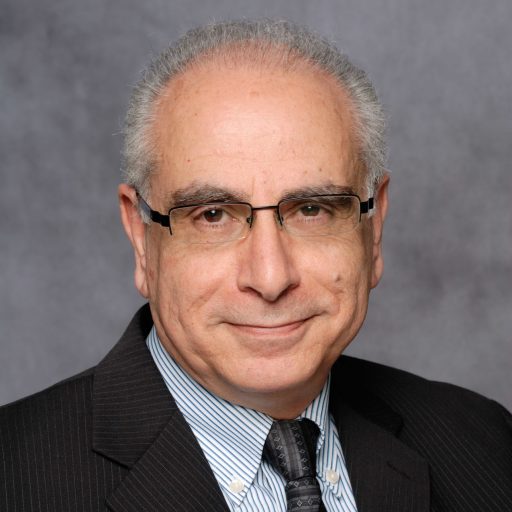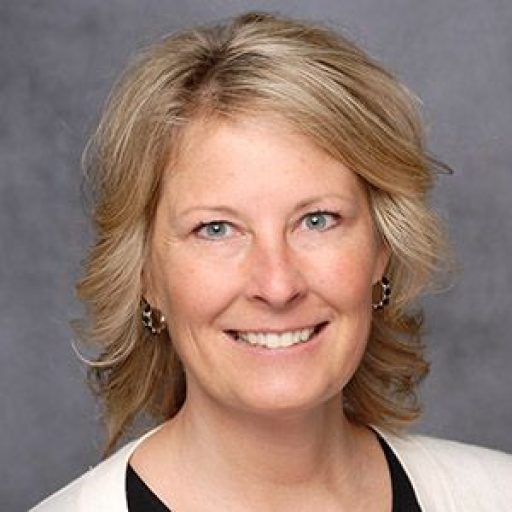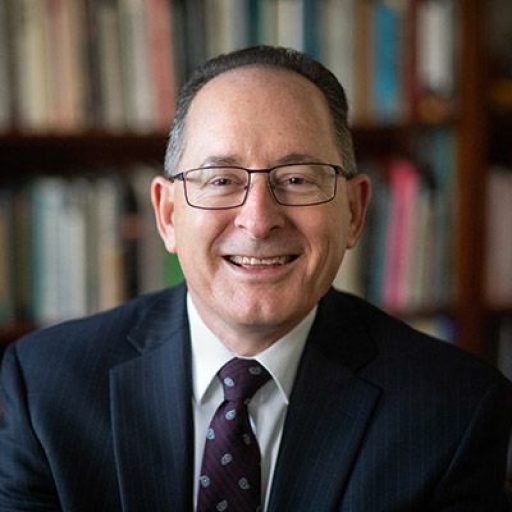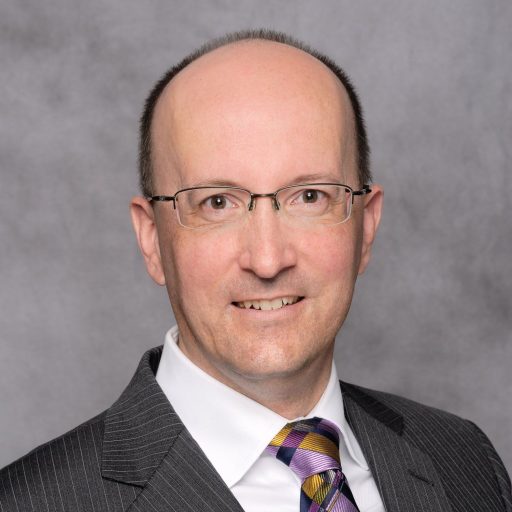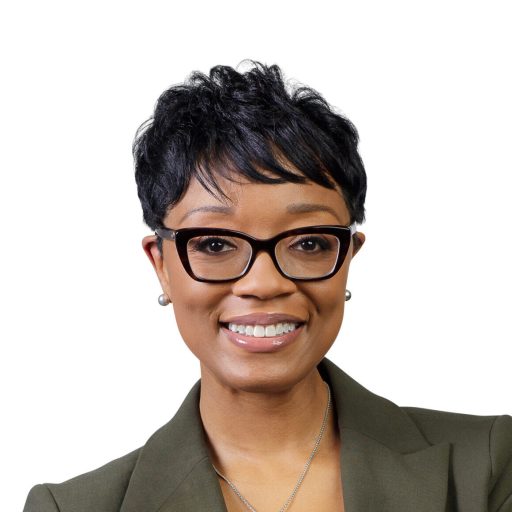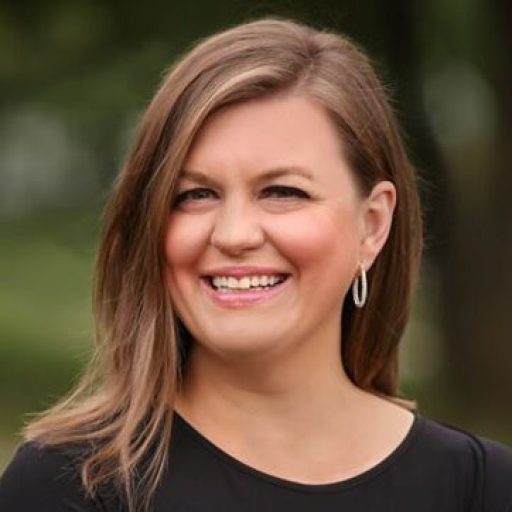Jamey Fitzpatrick, President and CEO, Michigan Virtual serves as a catalyst for change and a champion of innovation in education. Mr. Fitzpatrick provides strategic leadership for Michigan Virtual, a Michigan-based nonprofit organization focused on advancing both learning and teaching through research, practice, and partnerships. In addition to his previous leadership roles at the Michigan Department of Education and Saginaw ISD, Jamey also worked in the private sector for Pitney Bowes Corporation. Mr. Fitzpatrick serves on the Board of Trustees for Olivet College in Olivet, Michigan. He is also a Board member for the Virtual Learning Leadership Alliance (VLLA), a nonprofit association of some of the most innovative K-12 virtual programs in the US.

Jamey Fitzpatrick
- President & CEO

